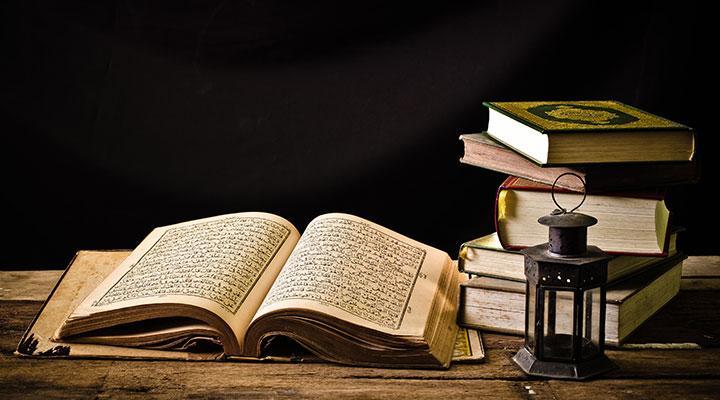In addition to its legal implications, “Kitab man la yahduruhu al-faqih” serves as a cultural artifact that reveals the socio-political milieu of its time. The compilation emerged during a period characterized by the fragmentation of Sunni and Shia identities, catalyzed by political strife and theological disputes. Sheikh Saduq’s work can thus be interpreted as not just a legal treatise but also a response to broader sociopolitical injustices faced by Shia communities. By providing a comprehensive legal framework, it equipped the layperson with tools to navigate a complex society, fostering a sense of agency and resilience among Shia Muslims.
Critical analysis of the text showcases a traumatic engagement with authority—both historical and religious. Shia Islam has often grappled with notions of legitimacy, particularly when confronted with the mainstream Sunni narratives surrounding leadership. In this conundrum, Sheikh Saduq’s scholarly endeavors reaffirm the importance of having non-militant, internalized forms of resistance. Legal knowledge, as advocated in the treatise, emerges as a form of intellectual insurrection against tyrannical authorities while enriching the spiritual lives of ordinary believers.
The philosophical underpinnings present in “Kitab man la yahduruhu al-faqih” also extend beyond the temporal realm, inviting discussions on ethical and moral dilemmas that continue to resonate today. One notable example is the treatment of contemporary issues via the lens of classical jurisprudence—a practice central to many modern Shia scholars. Examining how 21st-century dilemmas are addressed through Sheikh Saduq’s framework can elucidate the dynamic nature of Shia jurisprudence, emphasizing its relevance in contemporary discourses on topics such as bioethics, environmentalism, and social justice.
Tags
Share this on:
[addtoany]


